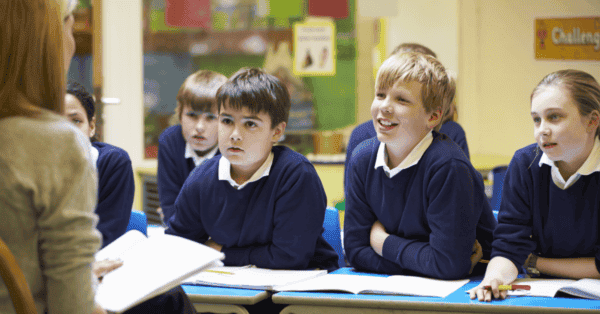- 82% of parents fear their kids will be targeted over group chat
- Parents of kids aged 11 to 13 most concerned
- Cyberbullying bigger concern for parents than health and wellbeing issues
- It comes as Internet Matters today lends its support to the Duke of Cambridge’s cyberbullying campaign
- The online safety organisation offers tips for parents to help children stop, speak and support online
LONDON, Thursday, November 15, 2018. UK. A study by Internet Matters* found that parents of kids aged 11 to 13 are the most concerned (85%) that bullying can take place in group conversations on social media.
Parents of both boys and girls are equally concerned that their child will be upset by closed group chats.
Cyberbullying is one of the top five concerns for parents when it comes to their child’s online world.
And it ranks as a bigger worry than their child facing health and wellbeing issues as a result of time spent online.
Group chats involve three or more individuals and can leave children open to feeling excluded, victimised or a target of ridicule.
Internet Matters is releasing the figures on Stop Speak Support Day – an anti-bullying initiative set up by the Duke of Cambridge, which is taking place during Anti-Bullying Week.
The three-point code of conduct, which was created by the Royal Foundation’s Taskforce on the Prevention of Cyberbullying, of which Internet Matters is a member – is aimed at teaching bystanders in bullying situations how to behave.
Today Internet Matters is offering a new parent guide to Stop Speak Support and how to encourage their child to help their peers online.
Internet Matters ambassador and psychologist Dr Linda Papadopoulos said: “Group chat can often be a source of upset for kids – from one child posting a picture that makes someone feel excluded to another not being included in a group at all.
“But group chats also have the power to stop kids feeling isolated as it can give them an opportunity to stamp out poor conduct and stand up for one another.
“Kids act more emotionally and impulsively than adults so advise them to stop – stand back and gain a better perspective on the situation, invite them to speak to their friends about how a situation has made them feel and finally encourage them to seek support – whether that be offering help to a friend who has been victimised or turning to you when they’ve been hurt.
“Having regular conversations with your child about their online world is the best way to encourage them to come to you when there’s a problem such as cyberbullying”
The Internet Matters study of 2,022 parents revealed that nearly 7 out of 10 parents (66%) are concerned about cyberbullying (of those concerned parents, 82% worry about online groups).
This compared with 58% who are concerned about their child facing health and wellbeing issues.
A total of 62% parents also fear that their child won’t open up about issues their child faces online.
CEO of Internet Matters Carolyn Bunting said: “Stop, Speak, Support speaks directly to the bystander to encourage them not to ignore cyberbullying.
“Online groups are one of the most common ways children communicate with each other – whether that be a group that includes their whole class or a few select friends.
“Crucially, group chats are not public, which makes it challenging to parents to know what’s going on.
“If all UK parents encourage positive peer to peer action to tackle cyberbullying they can have peace of mind that their child will be supported across their online world including group chats.”
Internet Matters offers a parent guide to Stop Speak Support, which can be found here.
We are also parents to make a pledge to share the code and the video online to help encourage children to take positive steps to stop cyberbullying when they see it. #Pledge2share
And if you have further concerns that your child is being cyberbullied – Internet Matters offers a full guide to the signs here.





